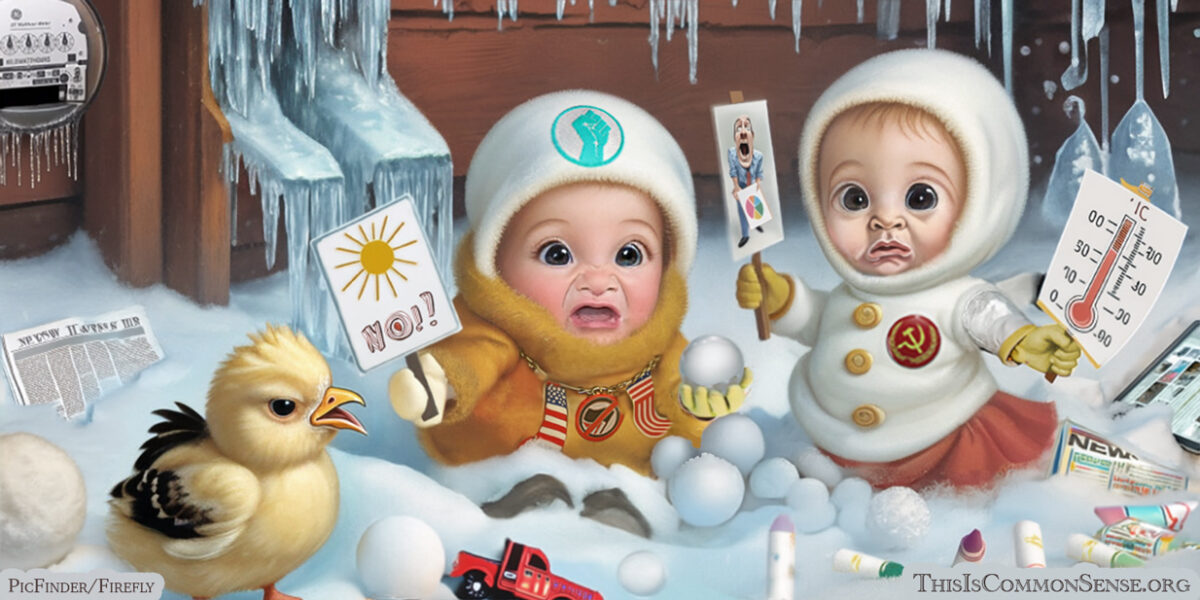One of the climatic shifts supposed to be happening to our traumatized planet is the melting of polar ice into huge puddles of slush, with maybe a few polar bears helplessly drifting on the dwindling ice floes of a rising sea.
The alleged calamities of various alleged major climatic changes are allegedly due solely to human civilization. We can render the latter doctrine more plausible if we ignore all the major variations of climate that transpired for millions of years before mankind and industrial civilization showed up.
Anyway, if polar ice were indeed melting away over the long term, we could argue about the causes and effects.
But it doesn’t seem to be happening.
According to research at the University of Copenhagen using photographs and satellite data, the glaciers of Antarctica have been pretty stable over the last 85 years or so. (The SciTechDaily article about the findings calls this stability an “Antarctic Anomaly.”)
With the help of modern computer technology and aerial photographs going back to 1937, the researchers managed to track how the glaciers of East Antarctica have changed over the decades.
They found that “the ice has not only remained stable but also grown slightly over the last 85 years, partly due to increased snowfall.… While some glaciers have thinned over shorter intermediate periods of 10 – 20 years, they have remained stable or grown slightly in the long term, indicating a system in balance.”
Uh oh.
Chicken Little never had it so tough.
This is Common Sense. I’m Paul Jacob.
Illustration created with PicFinder and Firefly
—
See all recent commentary
(simplified and organized)

1 reply on “Cold Truth”
In the time since the theory of anthropogenic global climate change first came to public attention, its distinctive predictions about the subsequent interval have been falsified; yet the mainstream narrative has shifted from treating that theory as theory (albeït as scientific consensus) to treating it simply as established fact.
None-the-less, the general public has become greatly doubtful of the importance of reducing the so-called greenhouse gasses. The credentialled classes wring their hands, and offer various explanations, but generally don’t admit that our era of expert-failure naturally leads to skepticism by those who are not experts.